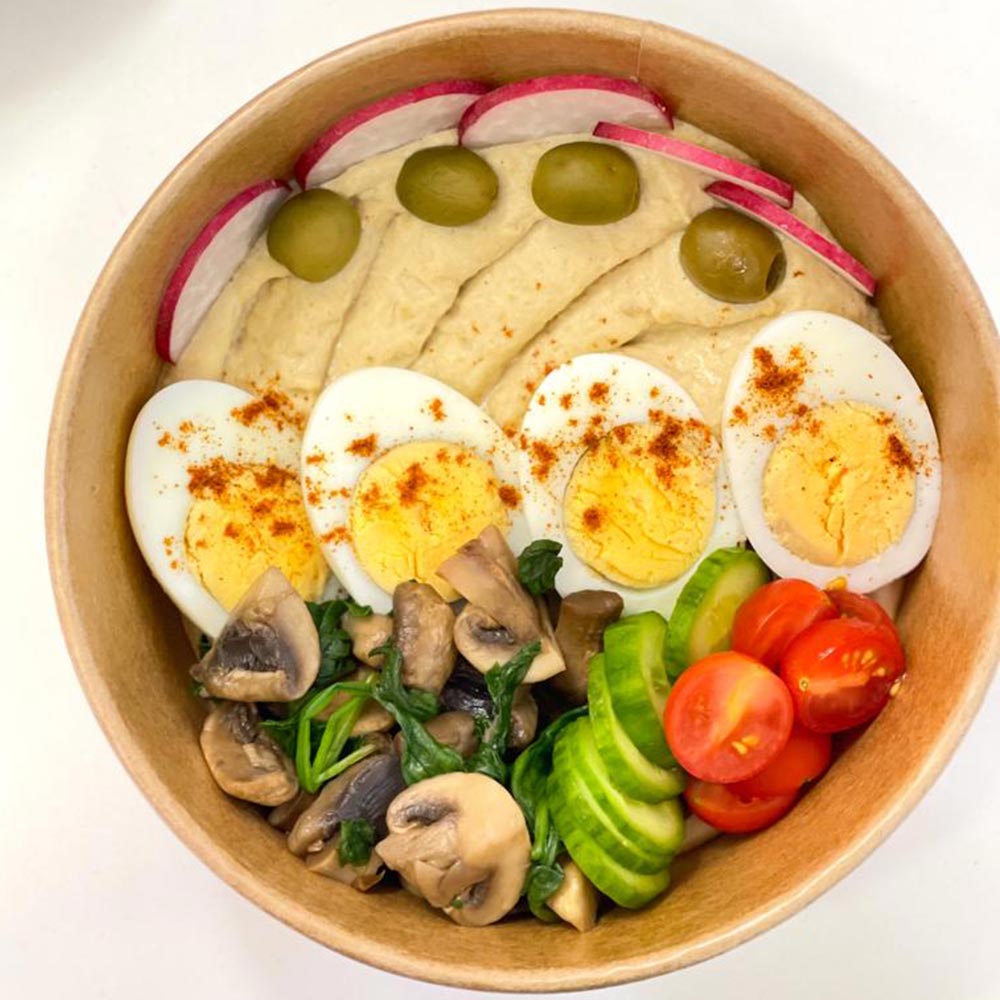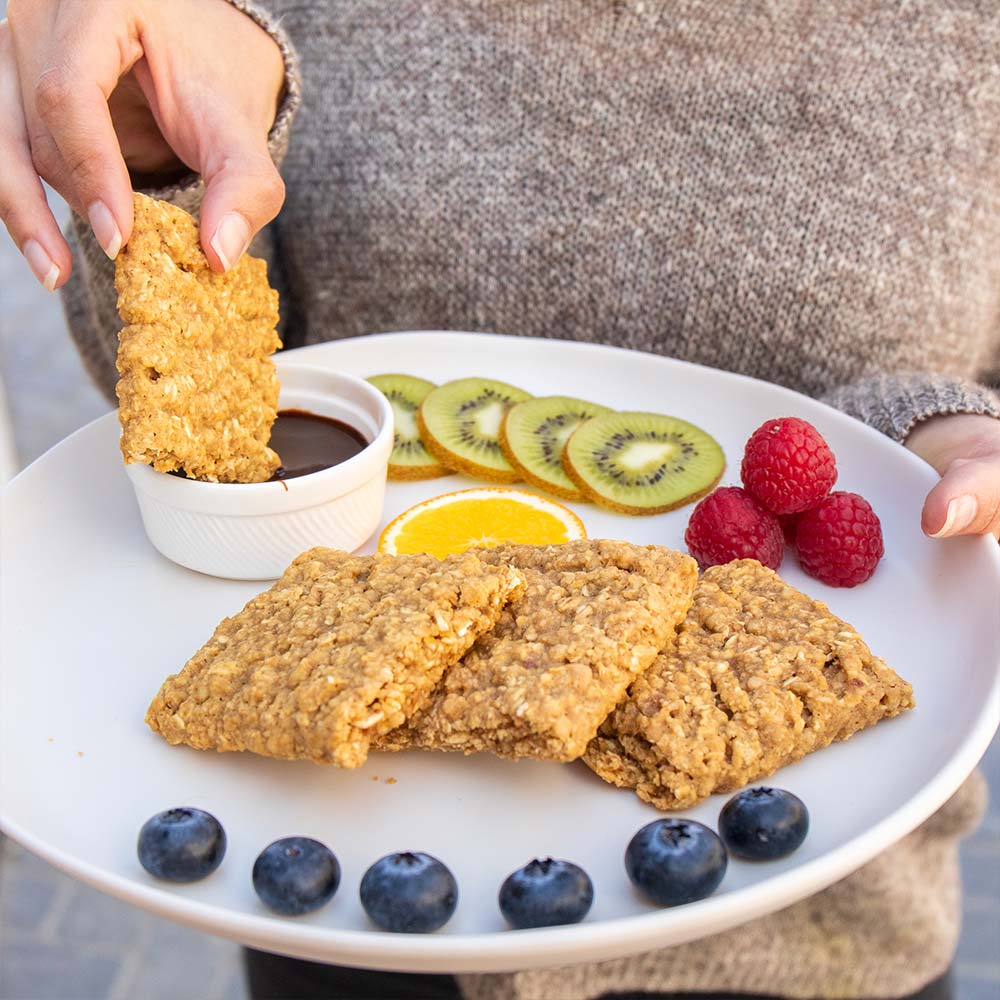When it comes to achieving muscle gain, diet plays a crucial
role. Crafting an effective muscle gain diet plan involves incorporating foods
that provide the right balance of protein, carbohydrates, fats, and essential
nutrients. Understanding which foods can optimize muscle growth is essential
for anyone looking to improve their physique and strength. In this article,
we’ll explore the best foods for building muscle mass, supported by up-to-date
facts and figures.
The Role of Nutrition in Muscle Building
Why Nutrition Matters
Muscle growth, also known as hypertrophy, occurs when muscle
fibers are damaged during exercise and then repaired by the body with
additional proteins, making them stronger and larger. Proper nutrition provides
the necessary building blocks for this repair process.
Macronutrients and Muscle Growth
Protein: The Building Block
Protein is the most crucial macronutrient for muscle growth.
It provides the amino acids needed for repairing and building muscle tissues.
According to the International Society of Sports Nutrition (ISSN), athletes and
bodybuilders should consume 1.4 to 2.0 grams of protein per kilogram of body
weight per day to maximize muscle growth.
Carbohydrates: Fuel for Workouts
Carbohydrates are essential for providing the energy needed
for intense workouts. They replenish glycogen stores, which are depleted during
exercise. Consuming adequate carbohydrates ensures that you have the energy to
perform at your best during training sessions.
Fats: Essential for Hormone Production
Fats are necessary for the production of hormones, including
testosterone, which plays a significant role in muscle growth. Healthy fats
should comprise about 20-30% of your total daily caloric intake.
Top Foods for Building Muscle Mass
1. Chicken Breast
Nutritional Profile
Chicken breast is a staple in many muscle gain diet plans due to its high protein content and low fat. A 100-gram serving provides approximately 31 grams of protein and only 3.6 grams of fat.
Benefits for Muscle Growth
Chicken breast is rich in essential amino acids,
particularly leucine, which is critical for muscle protein synthesis. It is
also versatile and can be prepared in various ways to suit different dietary
preferences.
2. Eggs
Nutritional Profile
Eggs are a powerhouse of nutrients, providing high-quality protein, healthy fats, and essential vitamins and minerals. One large egg contains about 6 grams of protein and 5 grams of fat.
Benefits for Muscle Growth
Eggs are one of the best sources of complete protein,
meaning they contain all nine essential amino acids. They also contain choline,
which supports brain health and muscle function.
3. Greek Yogurt
Nutritional Profile
Greek yogurt is a high-protein dairy product that also contains probiotics and calcium. A 200-gram serving provides around 20 grams of protein.
Benefits for Muscle Growth
The combination of casein and whey protein in Greek yogurt
makes it an excellent choice for muscle recovery. Casein provides a
slow-release protein source, which is ideal for overnight muscle repair.
4. Lean Beef
Nutritional Profile
Lean beef is rich in high-quality protein, creatine, and essential vitamins and minerals. A 100-gram serving provides approximately 26 grams of protein.
Benefits for Muscle Growth
Lean beef contains all the essential amino acids required
for muscle repair and growth. It also provides iron and zinc, which are vital
for maintaining energy levels and immune function.
5. Quinoa
Nutritional Profile
Quinoa is a high-protein grain that also contains fiber, magnesium, and other essential nutrients. One cup of cooked quinoa provides about 8 grams of protein.
Benefits for Muscle Growth
Quinoa is a complete protein source, making it a valuable
addition to a muscle gain diet plan, especially for vegetarians and vegans. It
also provides complex carbohydrates, which are important for sustained energy.
6. Salmon
Nutritional Profile
Salmon is a fatty fish that provides high-quality protein and omega-3 fatty acids. A 100-gram serving contains about 20 grams of protein and 13 grams of fat.
Benefits for Muscle Growth
The omega-3 fatty acids in salmon help reduce inflammation
and support muscle recovery. Salmon is also an excellent source of vitamin D,
which is essential for bone health and muscle function.
7. Cottage Cheese
Nutritional Profile
Cottage cheese is a high-protein dairy product that contains casein protein. A 100-gram serving provides around 11 grams of protein.
Benefits for Muscle Growth
Cottage cheese is an excellent source of slow-digesting
protein, making it ideal for consumption before bedtime. It helps maintain a
steady supply of amino acids for muscle repair overnight.
8. Brown Rice
Nutritional Profile
Brown rice is a whole grain that provides complex carbohydrates and fiber. One cup of cooked brown rice contains about 5 grams of protein.
Benefits for Muscle Growth
Brown rice is a good source of sustained energy due to its
complex carbohydrate content. It also provides important vitamins and minerals,
such as magnesium and B vitamins, which support overall health and muscle
function.
9. Almonds
Nutritional Profile
Almonds are a nutrient-dense nut that provides healthy fats, protein, and fiber. A 28-gram serving (about 23 almonds) contains 6 grams of protein and 14 grams of fat.
Benefits for Muscle Growth
Almonds are rich in vitamin E, which acts as an antioxidant
to protect muscle cells from damage. They also provide magnesium, which is
important for muscle function and energy production.
10. Spinach
Nutritional Profile
Spinach is a leafy green vegetable that provides vitamins, minerals, and antioxidants. One cup of cooked spinach contains about 5 grams of protein.
Benefits for Muscle Growth
Spinach is high in nitrates, which can improve muscle
efficiency and endurance. It also provides iron, which is essential for oxygen
transport and energy production.
Crafting a Muscle Gain Diet Plan
Meal Timing and Frequency
To maximize muscle growth, it’s important to distribute your
protein intake evenly throughout the day. Aim to consume protein-rich meals
every 3-4 hours to maintain a positive nitrogen balance, which is crucial for
muscle repair and growth.
Pre-Workout Nutrition
Consuming a balanced meal 2-3 hours before your workout can
provide the necessary energy for intense training. This meal should include a
combination of protein and complex carbohydrates.
Post-Workout Nutrition
The post-workout period is critical for muscle recovery.
Consuming a meal or snack that includes protein and carbohydrates within 30-60
minutes after your workout can enhance muscle protein synthesis and replenish
glycogen stores.
Hydration
Staying hydrated is essential for overall health and muscle
function. Aim to drink at least 3-4 liters of water per day, and consider
consuming electrolyte-rich beverages during intense workouts.
Supplements to Consider
Protein Supplements
Whey protein and casein protein supplements can help you
meet your daily protein requirements, especially if you have a busy schedule or
find it challenging to consume enough protein through whole foods.
Creatine
Creatine is one of the most researched supplements and has
been shown to enhance muscle strength, power, and growth. A typical dose is 5
grams per day.
Branched-Chain Amino Acids (BCAAs)
BCAAs, particularly leucine, play a significant role in
muscle protein synthesis. Supplementing with BCAAs can help reduce muscle
soreness and support recovery.
Conclusion
Building muscle mass requires a strategic approach to
nutrition, focusing on high-quality protein sources, complex carbohydrates, and
healthy fats. Incorporating a variety of nutrient-dense foods into your muscle
gain diet plan can optimize muscle growth and improve overall health. By
understanding the role of each macronutrient and choosing the right foods, you
can create an effective and sustainable plan for achieving your muscle-building
goals.






























